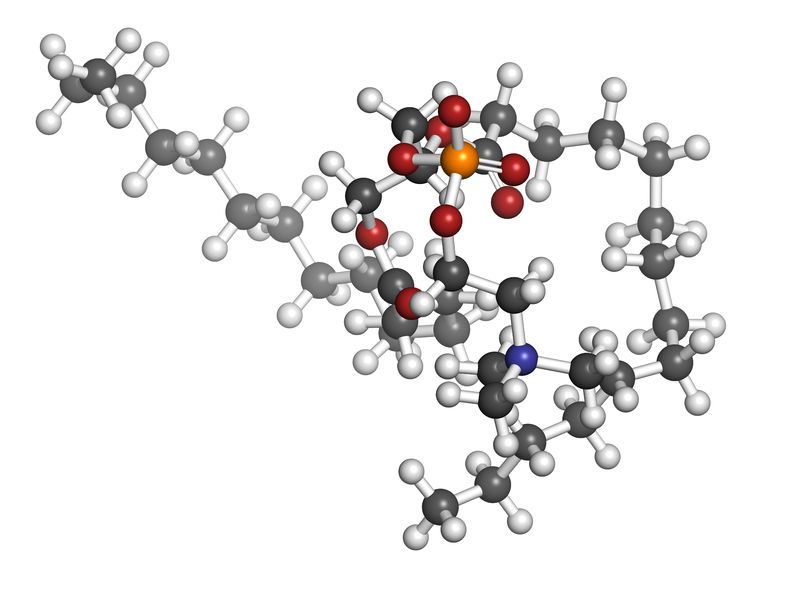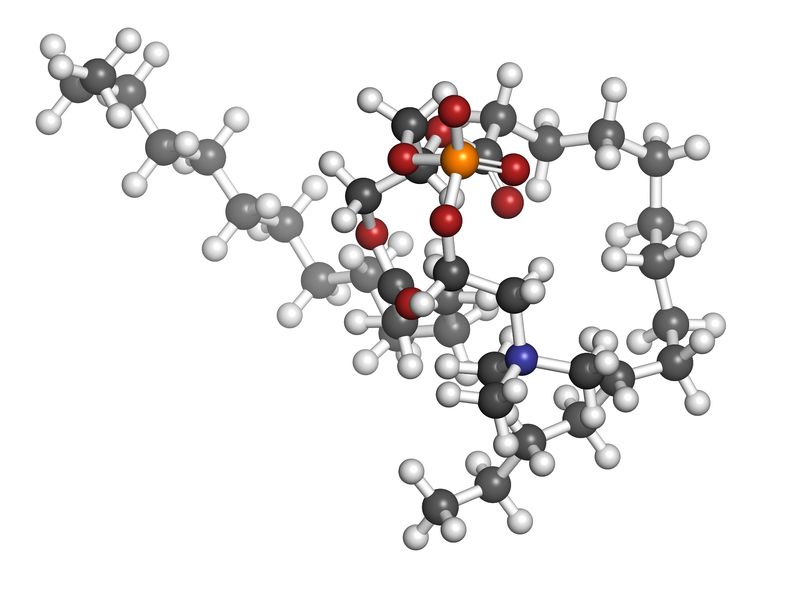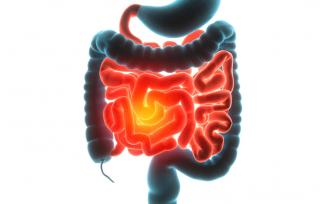Related Articles
- 21 Aug 17
- 19 Dec 22
Seasonal affective disorder (SAD), also referred to as seasonal depression, is a mood disorder recognized by the Diagnostic and Statistical Manual of Mental Disorders (DMV).
- 01 Dec 22
The ability to both focus for long periods of time and perform cognitive and memory-related tasks is important in everyday life and for many careers. Due to our busy lifestyles and high work demands, aspects like the standard North American diet, stress, physical inactivity, and endocrine imbalances can lower mental performance and cognition.
- 17 Aug 16
- 17 Jun 13
$path = isset($_GET['q']) ? $_GET['q'] : '
';
$link = url($path, array('absolute' => TRUE));$nid = arg(1);
if ($nid == 201306){
?>download pdf
}
?>01 Oct 13$path = isset($_GET['q']) ? $_GET['q'] : '
';
$link = url($path, array('absolute' => TRUE));$nid = arg(1);
if ($nid == 201310){
?>download pdf
}
?>
Phosphatidylcholine is an intriguing nutrient with a little-known but impressive range of functions in human health. Phosphatidylcholine is an essential phospholipid and serves as an important component of the cell membrane lipid bilayer as well as being an important source of choline, representing about 95% of choline tissue stores.02 Nov 13$path = isset($_GET['q']) ? $_GET['q'] : '
';
$link = url($path, array('absolute' => TRUE));$nid = arg(1);
if ($nid == 201311){
?>download pdf
}
?> Degenerative eye disease entails gradual loss of vision due to chronic degenerative processes affecting the retina. The retina can be considered as “the back of the eyeball,” and is where the specialized cells, or photoreceptors, designed to detect light and convert light signals into nerve impulses that can be interpreted by the brain.
26 Sep 13
Degenerative eye disease entails gradual loss of vision due to chronic degenerative processes affecting the retina. The retina can be considered as “the back of the eyeball,” and is where the specialized cells, or photoreceptors, designed to detect light and convert light signals into nerve impulses that can be interpreted by the brain.
26 Sep 13$path = isset($_GET['q']) ? $_GET['q'] : '
';
$link = url($path, array('absolute' => TRUE));$nid = arg(1);
if ($nid == 201309){
?>download pdf
}
?>
From weight loss to memory to cholesterol regulation to everyday skincare, coconut oil has created quite the buzz in recent years about its effectiveness to address many common concerns. This may be surprising to some as Coconut oil was historically labelled as unhealthy, saturated oil, especially with respect to ischemic heart disease. While coconut oil is saturated, it is actually a very versatile, plant-based, health-promoting oil.
Newsletter
Most Popular
- 07 May 15
- 13 Feb 16
- 17 Jun 13
- 17 Jun 13
- 17 Jun 13
- 01 Jul 13
- 17 Jun 13
- 17 Jun 13
- 17 Jun 13
- 01 Jul 13
- 17 Jun 13
- 17 Jun 13
- 17 Jun 13
- 01 Jul 13
























